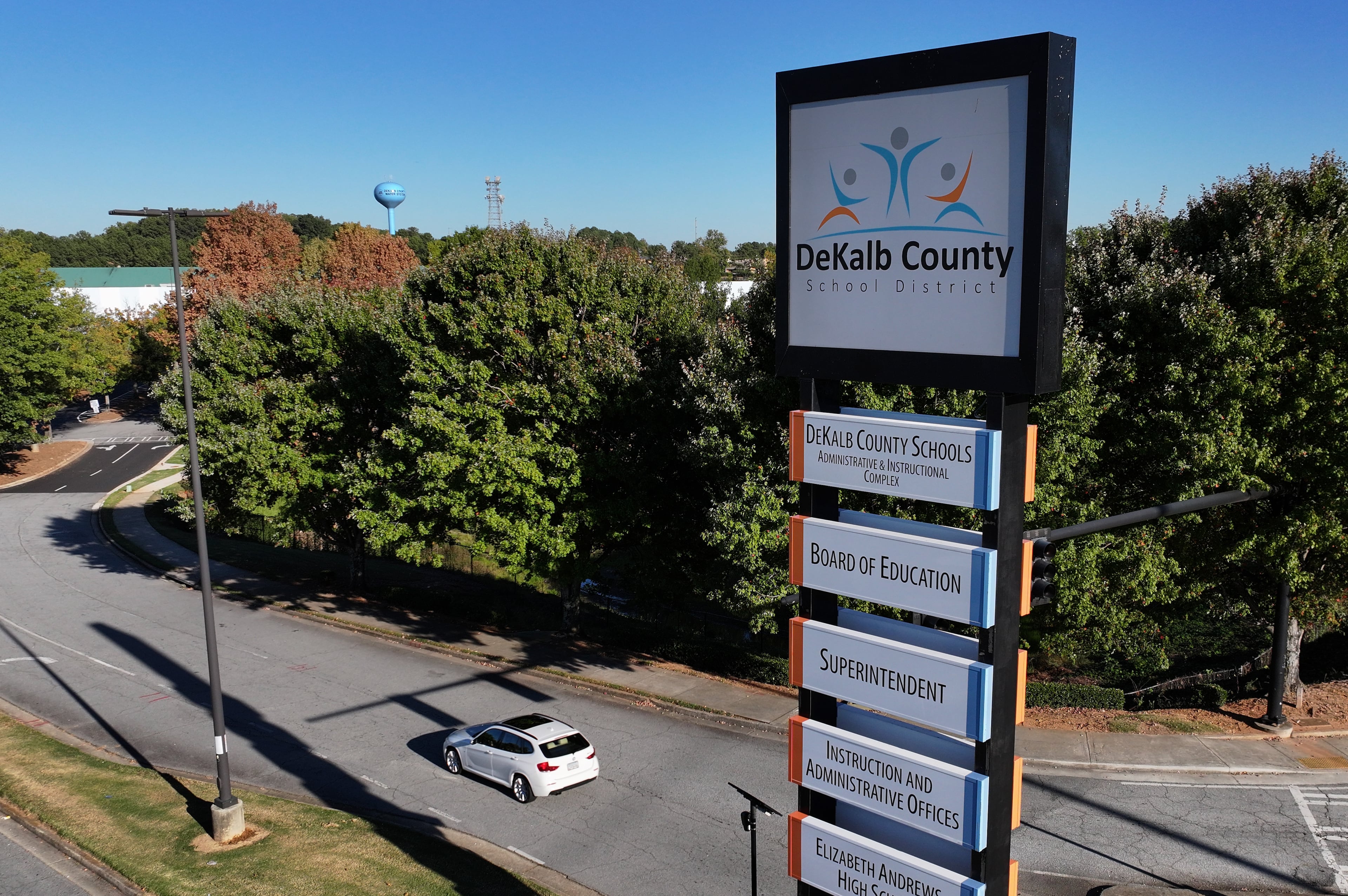Gwinnett school budget proposal now has bigger raises

The Gwinnett County school board will consider a budget proposal Thursday that includes bigger staff raises than initially expected thanks to a larger contribution from the state.
District staff presented an initial budget proposal in April, and the board tentatively approved it in a 3-2 vote. The new proposal was announced Friday and has $32 million more from the state. The budget totals $3.2 billion and would take effect July 1.
“Our team has been able to maximize our resources and we’ve identified additional investments to support students and staff,” Superintendent Calvin Watts said in a news release.
The main change is a boost to staff pay.
Initially, teachers were slated for a raise of $500 from the district and $2,500 from the state. The raise is now slated to be $4,000 total. For staff not on the teacher pay scale, the raise will be 4.25%, up from 4%. Eligible employees will also get a step increase.
“We have been responsive to budget feedback from our community and our board, and we remain committed to making sustainable, long-term investments that support each and every student within a balanced budget,” Watts said in the release.

The updated budget was announced three days after Watts interviewed with a community panel regarding the superintendent position in Atlanta Public Schools. He withdrew from consideration the next day.
Board members Tarece Johnson-Morgan and Adrienne Simmons voted against the initial budget proposal in April. They said they want to see more money devoted to efforts to reduce class sizes, more support for multilingual learners and ideas for financial incentives to recruit and retain teachers in schools with a larger proportion of low-income families.
The district has noted that it added 2,100 teaching and support positions in recent years to help reduce class sizes. The proposal also includes new staff positions focused on supporting multilingual students and families.
Watts also announced a new proposal for the millage rate for maintenance and operations — a reduction from 19.2 to 19.1. The district still expects more revenue because of increasing property assessments.
The release also notes the recently passed expansion of homestead exemptions, stating the exemptions and rate reduction “should provide some property tax relief to homeowners.”
The board considers the millage rate separately from the budget. The first vote on the millage rate will be Thursday, and the final adoption is slated for the July board meeting.



